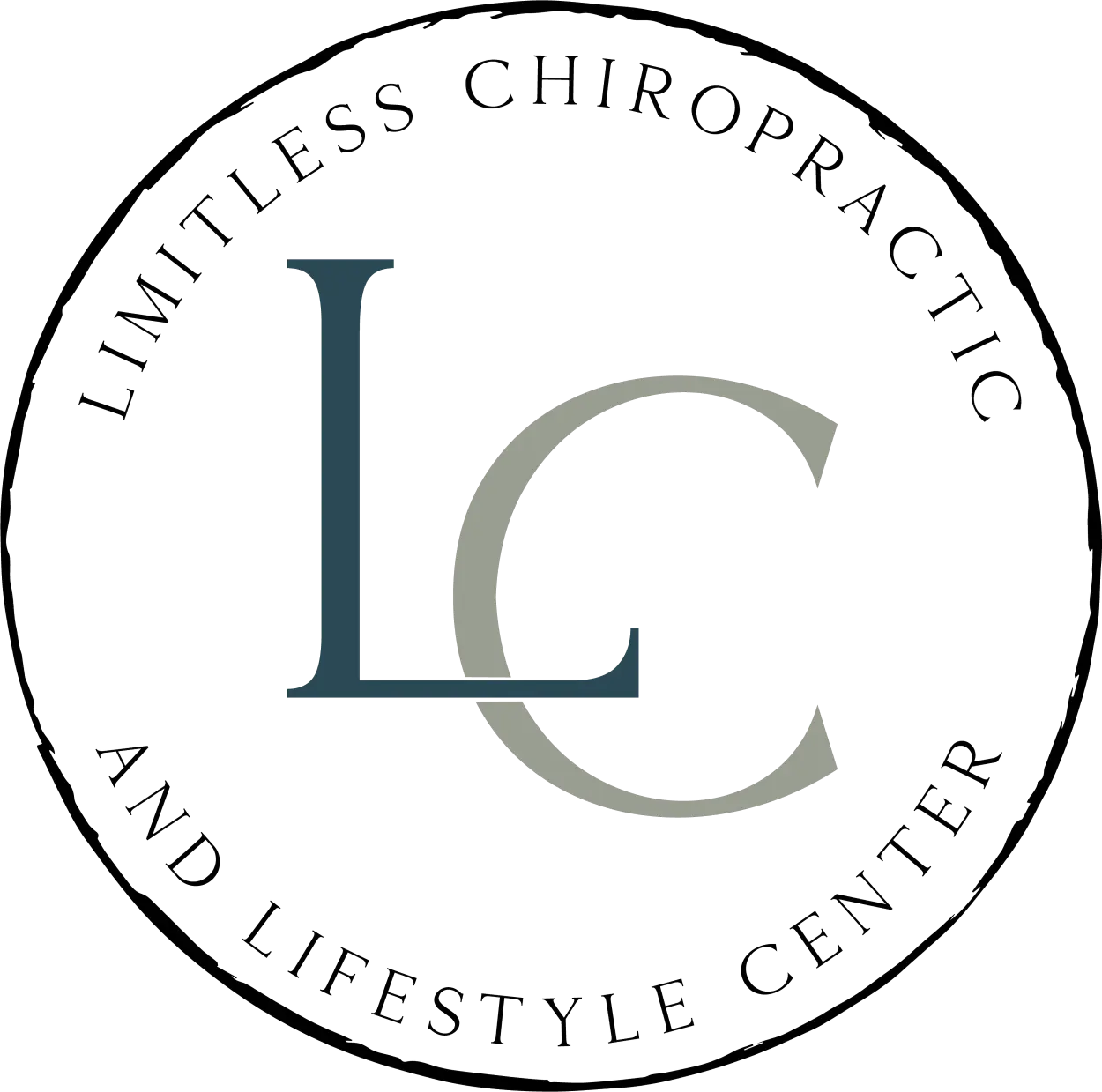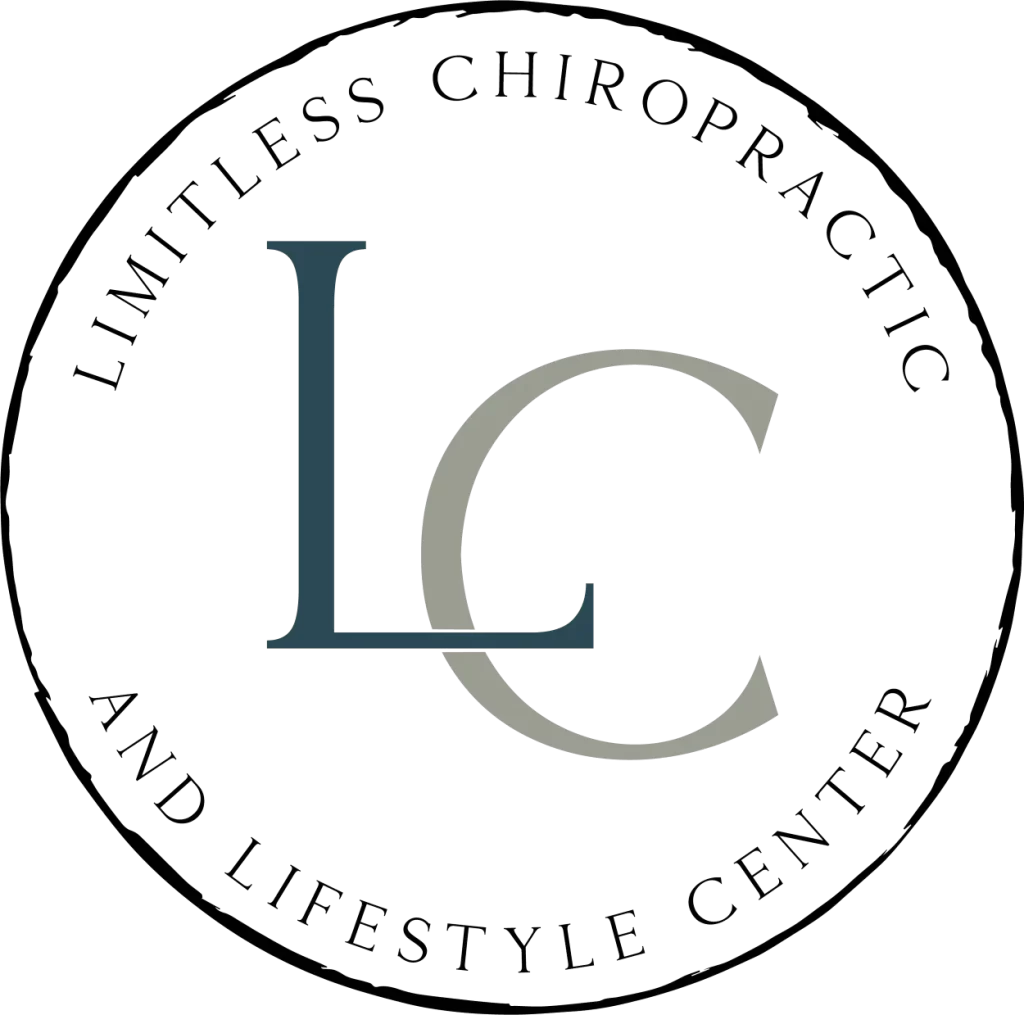Sleep is a foundational building block for every human to maintain health. It is so important that you can go longer without eating then you can without sleep. Dialing in a healthy sleep routine is one of the best ways to impact and regulate your physical, emotional and neuroendocrine (nervous system and hormone) health.
Let’s take a look at some of the negative impacts of too little sleep:
• Demolishes your immune system, doubling one’s risk of cancer
• Increases Alzheimer’s disease
• Disrupts blood sugar creating pre-diabetes
• Damages arteries, increasing blood pressure and the risks of heart attack and stroke
• Contributes to all major psychiatric conditions: depression/anxiety/suicide
• Makes you hungry, resulting in overeating and obesity
• Impairs fertility for men and women
• Causes hundreds of thousands of traffic accidents yearly exceeding alcohol and drug caused accidents combined
• Impairs your ability to learn, memorize, make logical decisions and choices
• Harms our ability to modify (inhibit) painful memories (PTSD)
• Inhibits your creativity and reduces problem solving abilities
• Shortens telomeres and therefore both the quantity and quality of your life
• Sleep loss is epidemic and the greatest public health challenge we face
• Every organ in the body and every process in the brain are enhanced with sleep.
• “Poor sleep is the most underappreciated factor contributing to cognitive and
mental health in the elderly, including issues of diabetes, depression,
chronic pain, stroke, cardiovascular disease, and Alzheimer’s disease.”
• “Sleep is the single most effective thing we can do to reset our brain
and body health each day.”
An alarming portion of our population struggles with getting adequate amounts of restful sleep. This is a pillar of health that must be prioritized if we are to get and stay well. I like to think of sleep as an investment, for every minute of quality sleep I put in I get two quality minutes out the next day to be present and preforming at my best.
Here are some helpful tools that you can utilize for healthier sleep:
• Use bright light, especially sunlight, during the day. Sunlight, especially in the morning hours, is required for regulating your circadian rhythm. This leads to increased energy and performance during the day and better sleep at night. What about cloudy days? This just means you need to be outside longer (win, win!)
• Stick to a sleep schedule, same time to bed and to rise
• Eight hours nightly is non-negotiable; no late-night sleep procrastination
• Incorporate regular movement and exercise. Try not to exercise 2-3 hours before bedtime
• Proper nourishment is key
• No caffeine 8 hours before bedtime
• Nicotine interferes with sleep (smoking)
• Avoid alcohol after dinner/before bed
• No napping after 3PM
• Cool bedroom
• Take a hot bath before bed
• Reduce bright light exposure after dark, especially blue emitting LEDs
• Dark bedroom, no light; even the smallest level of light at night impairs
melatonin production
• No gadgets, especially those with electronic blue light 1-2 hours before bed
• Do not lie awake in bed
Melatonin is the hormone that starts the event of sleep and is triggered by the sun going down in the evening hours. Increasing exposure to light especially outside of normal daylight hours decreases melatonin secretion. Your brain requires darkness at the appropriate times. Ambient incandescent lighting can suppress melatonin production by 50%. Evening blue LED light emitted from electronics has a greater impact on melatonin secretion than yellow light from incandescent bulbs.
Changes take time. Take it slow and pick a few things that you can work on now to start your path to better sleep.
-Dr. Mike
References:
Walker, M. P. (2018). Why we sleep: Unlocking the power of sleep and dreams. Scribner, an imprint of Simon & Schuster, Inc.

